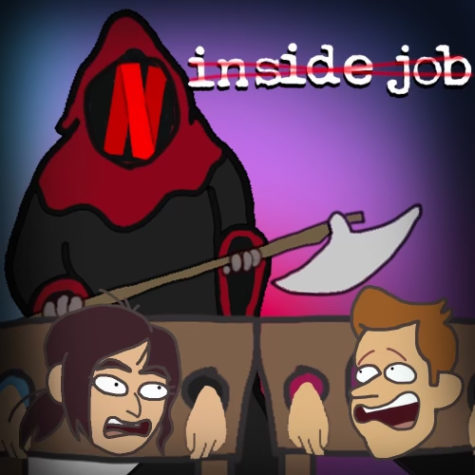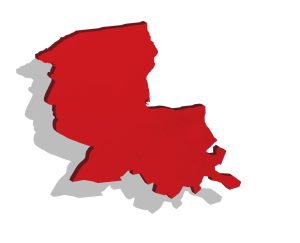Animation deserves better, but so do animators
February 16, 2023

Animation is perhaps one of the most unique art forms on the planet. While traditional cinematography relies on cameras and set pieces to tell a story, animators can construct ideas and scenes beyond what might be possible in reality. From the classics of the Disney Renaissance to the tapestry-like landscapes of Studio Ghibli films, animation holds a special place in my heart — but sadly, such sentiment is not universal.
In an age where streaming services dominate the entertainment industry, films and television programs seem to have lost their allure. While having most programs accessible at the click of a button is a luxury, this format has removed a core element of the appreciation for individual films and television shows.
With entire seasons of television shows releasing at once, we have grown accustomed to a fast-paced “conveyor belt” of entertainment released in bulk across various platforms. As a result of the demand for constant content, the industries that rely on artists to conjure films and shows regard them as nothing but products, discarding them if they are deemed unprofitable.
A prime example of this occurred last year during Warner Bros. Discovery’s merger of HBO Max and Discovery+ into a singular streaming service, purging a great deal of animated content for the sake of saving money. Understandably, this drew a lot of backlash from animators and the public.
As this decision has revealed, Warner Media seems to see animation as nothing more than a source of revenue. They show no respect for the countless hours that went into animating each film, episode and scene. They disregard the passion that went into producing shows like ”Infinity Train” and various other Cartoon Network properties, let alone the Herculean effort required to do so.
This action sets a disheartening precedent: animation is viewed primarily as a business pitch.
Netflix, too, has shown no care for the artwork it showcases. Several months ago, Netflix canceled “Inside Job,” an animated adult comedy created by Shion Takeuchi. While it initially renewed the series for a new season, it was cut shortly after — which many believe to be a result of the analytics on the show after the release of the second season.
Art and humor are subjective concepts — that much can be said for certain. However, one could argue that adult animation has gotten to a point where even something as simple as comedy has been drained of substance. Nearly every instance of modern adult animation tends to stick to a formula, be it the unnecessarily crude humor of shows like “Family Guy” or the self-referential pseudo-intellectualism of “Rick and Morty.”
In the eyes of media executives, a show has to prove itself to be a guaranteed success before it even lifts itself off the ground. Consequently, the majority of adult animated shows will be designed to mirror current media trends — consider the sea of “Family Guy” clones scattered across current networks.
This mindset is inherently harmful as it creates a sea of meaningless corporate noise and leaves no room for deviation from proven formulas for profit. No risks are taken and passion projects like “Inside Job” and “Final Space” are put on the chopping block if they fail to meet unimaginably high standards for ratings.
Beyond surface-level issues like how we value a show, a deeper issue remains ever-present. Just as the “conveyor belt” of entertainment rages on, so too does the greed of major studios. Due to the current format of rapid-fire animation projects, exploitative studios often underpay animators.
In the U.S., studios like Rooster Teeth have adopted a “crunch time” culture, so to speak, referring to the incredibly tight schedules and low wages that many animators face today.
The unfortunate fact of the matter is that animation as a medium does not get the respect it deserves, nor do the artists that bring us our favorite shows. Thankfully, change is coming. Through the efforts of the International Alliance of Theatrical Stage Employees, the Animation Guild and several other media organizations, a major policy change known as the New Deal for Animation may improve the wages and working conditions of animators, giving a more equitable platform for people to produce art and share it with the world.
Animation deserves better and so do the artists who bring it to fruition. While they may not currently get the treatment they deserve yet, hopefully that time will come soon.









Leave a Comment